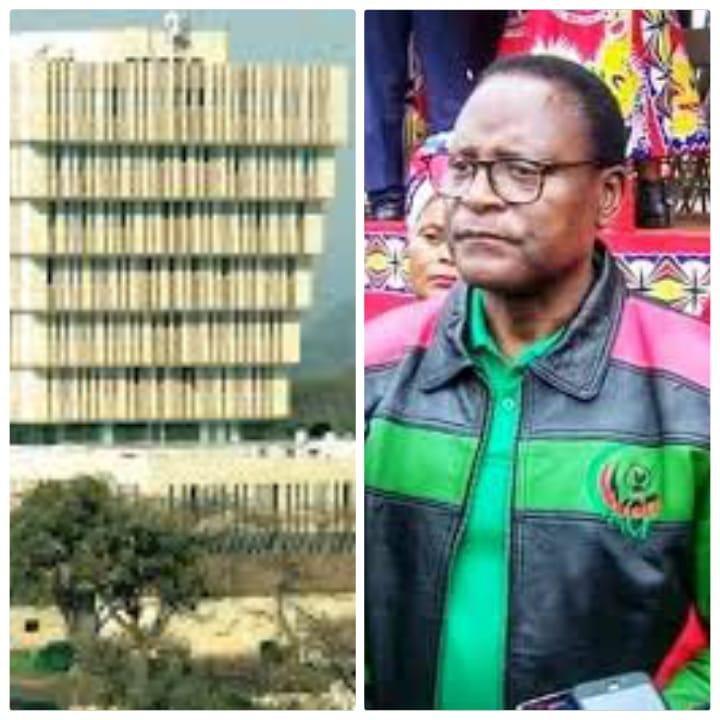Africa-Press – Malawi. The Malawian authorities and International Monetary Fund (IMF) staff had positive and productive discussions on policies needed to restore macroeconomic stability, ensure public debt sustainability, and advance structural reforms to support sustainable and inclusive growth and address the impact of the COVID pandemic, spillovers from war in Ukraine.
Debt is used by many countries to make large purchases that they could not afford under normal circumstances. A debt arrangement gives the borrowing country permission to borrow money under the condition that it is to be paid back at a later date, usually with interest.
In corporate finance, there is a lot of attention paid to the amount of debt a company has. A company that has a large amount of debt may not be able to make its interest payments if sales drop, putting the business in danger of bankruptcy. Conversely, a company that uses no debt may be missing out on important expansion opportunities.
Back to Malawi
Securing debt from a financial institution allows developing countries, such as Malawi, access to the capital needed to perform certain tasks or complete projects. Contrary to citizens’ involvement in the management of a country, the financier of debt has no involvement in how the country is managed.
Different countries use debt differently, so the “right” amount of debt varies from nation to nation. When assessing the financial standing of a given country, various metrics are used to determine if the level of debt, or leverage, the country uses to fund operations is within a healthy range.
In this case, Malawi government has huge debts already, domestically and internationally. The other challenge we have is that government has a huge appetite for spending because these guys never thought they would one day get back into power. So, it was a dream that came true after twenty seven years of languishing in the opposition.
How soon Malawi gets out of debt depends on how much debt we have as a country and how much more we can pay to reduce it. Government should create a plan, set a budget, and do not acquire more debt. Consider restricting non essential spending and use what you save to pay down government debt.
Often, creditors require you to only pay a minimum amount. Government must pay more than the minimum to quickly reduce what we owe IMF and other lending institutions.
Debt consolidation is also an option that can help government restructure their debt into more manageable terms, helping them get out of debt faster. Refused credit or refused a loan – what government can do As government has been turned down for a credit from the IMF, there are steps they can take to find out why.
Why has Malawi been refused credit?
There are many reasons why IMF might have turned down Malawi’s application for credit. These include:
Malawi’s credit score being too low
negative information on the country’s credit file, such as records of payments Malawi missed. the organization deciding we wouldn’t be able to afford to repay the credit we applied for
The best next steps for government to consider after having had a credit application declined depends on the reason government’s application was refused.
Before government looks into borrowing elsewhere Being turned down for credit might be a good opportunity for government to think about the country’s current money situation.
It’s High-Risk. If the IMF or the World Bank refused Malawi a loan, it means the financial institutions deemed Malawi too high-risk to lend money to. That could be because Malawi has a high debt-to-income ratio, a poor credit score, no hope or inability to pay back.
Government may therefore not be able to meet short or long term needs and may access credit facilities from other lending institutions at a higher interest rate because Malawi is categorized as high risk. Malawi may in the long rum be denied development.
The IMF’s primary purpose is to ensure the stability of the international monetary system—the system of exchange rates and international payments that enables countries and their citizens to transact with each other.
The International Monetary Fund employs three main functions – surveillance, financial assistance, and technical assistance – to promote the stability of the international monetary and financial system.
The IMF works with governments around the world to modernize their economic policies and institutions, and train their people. This helps improve inclusive growth. The IMF oversees the international monetary system and monitors the economic and financial policies of its 189 member countries.
For More News And Analysis About Malawi Follow Africa-Press






